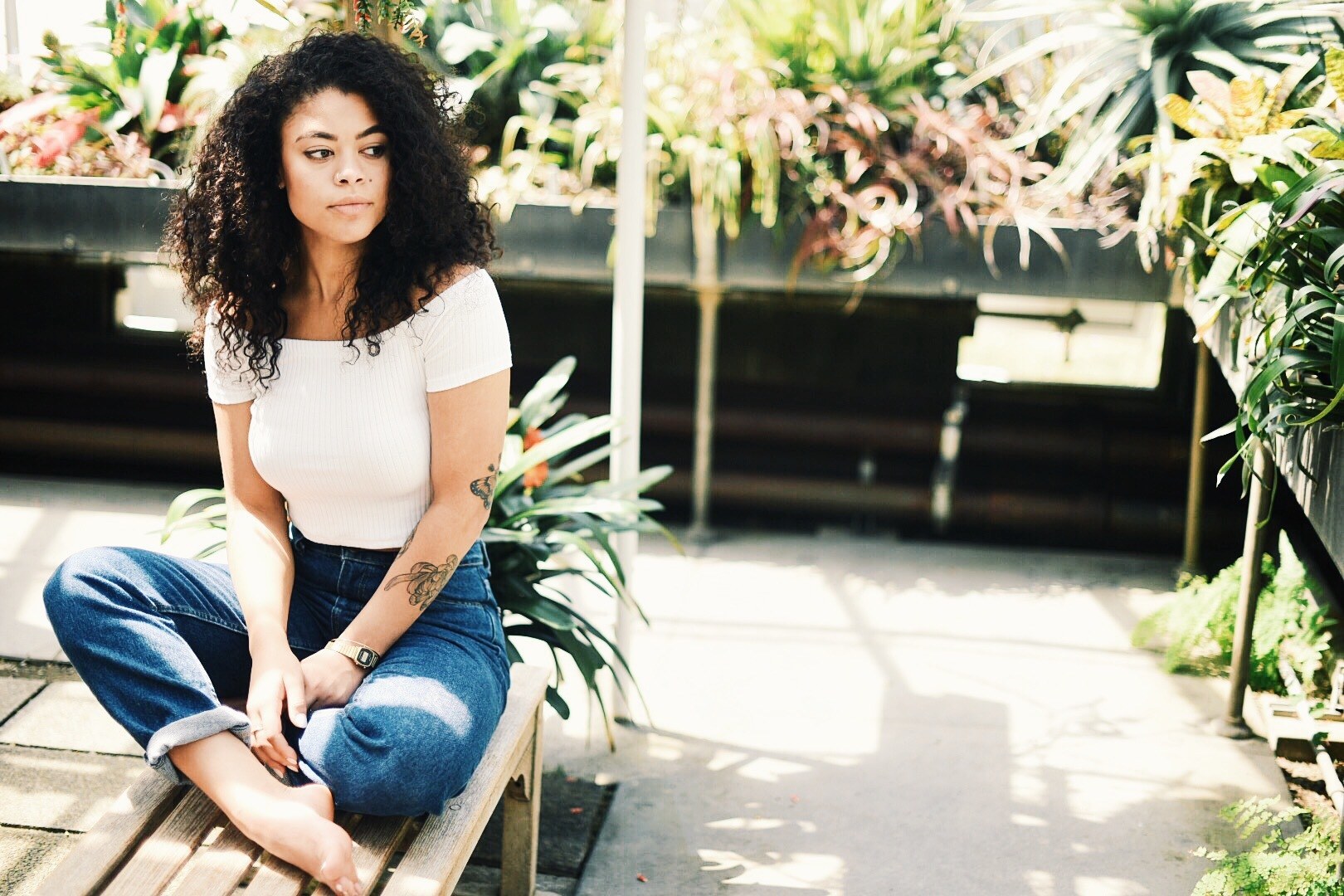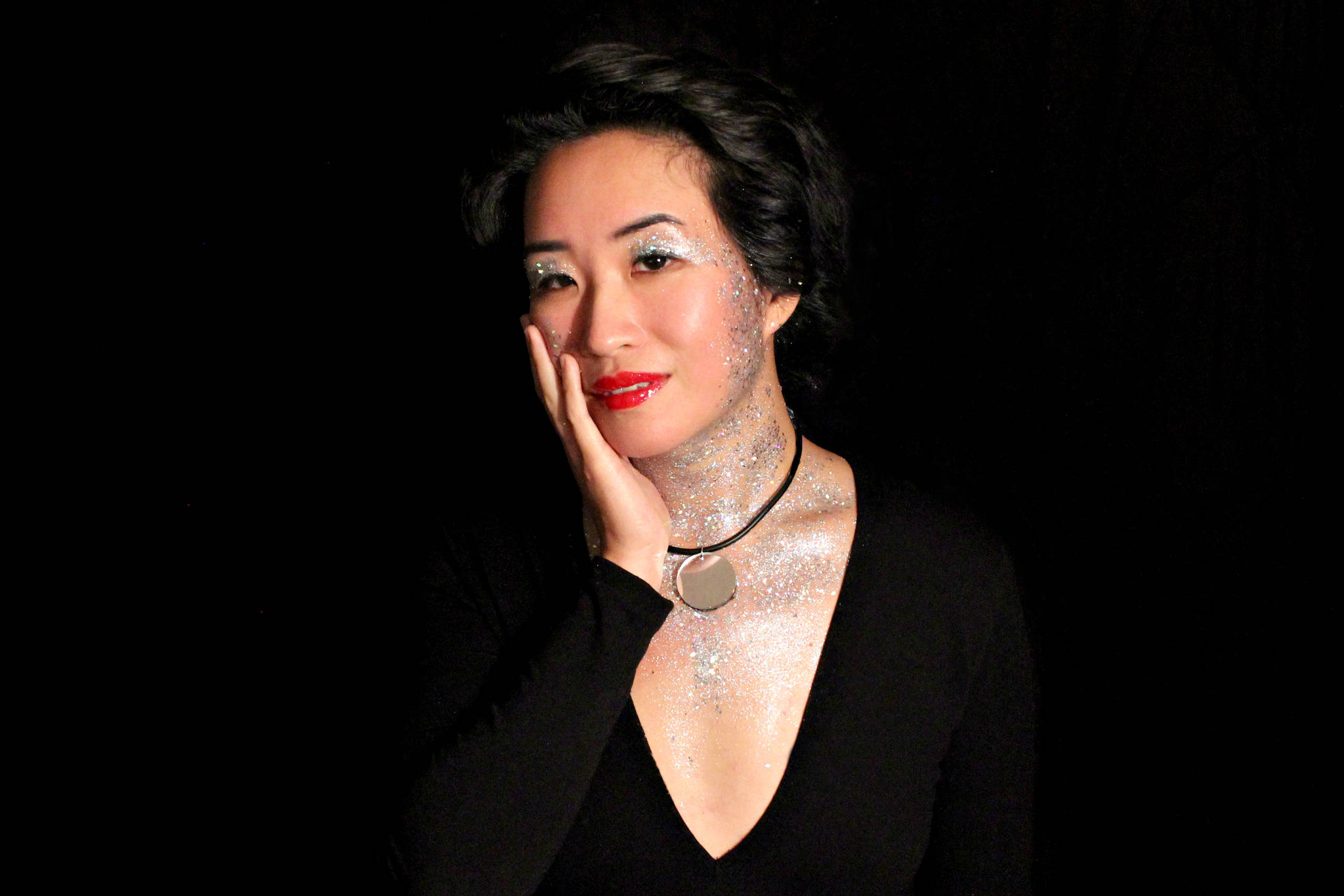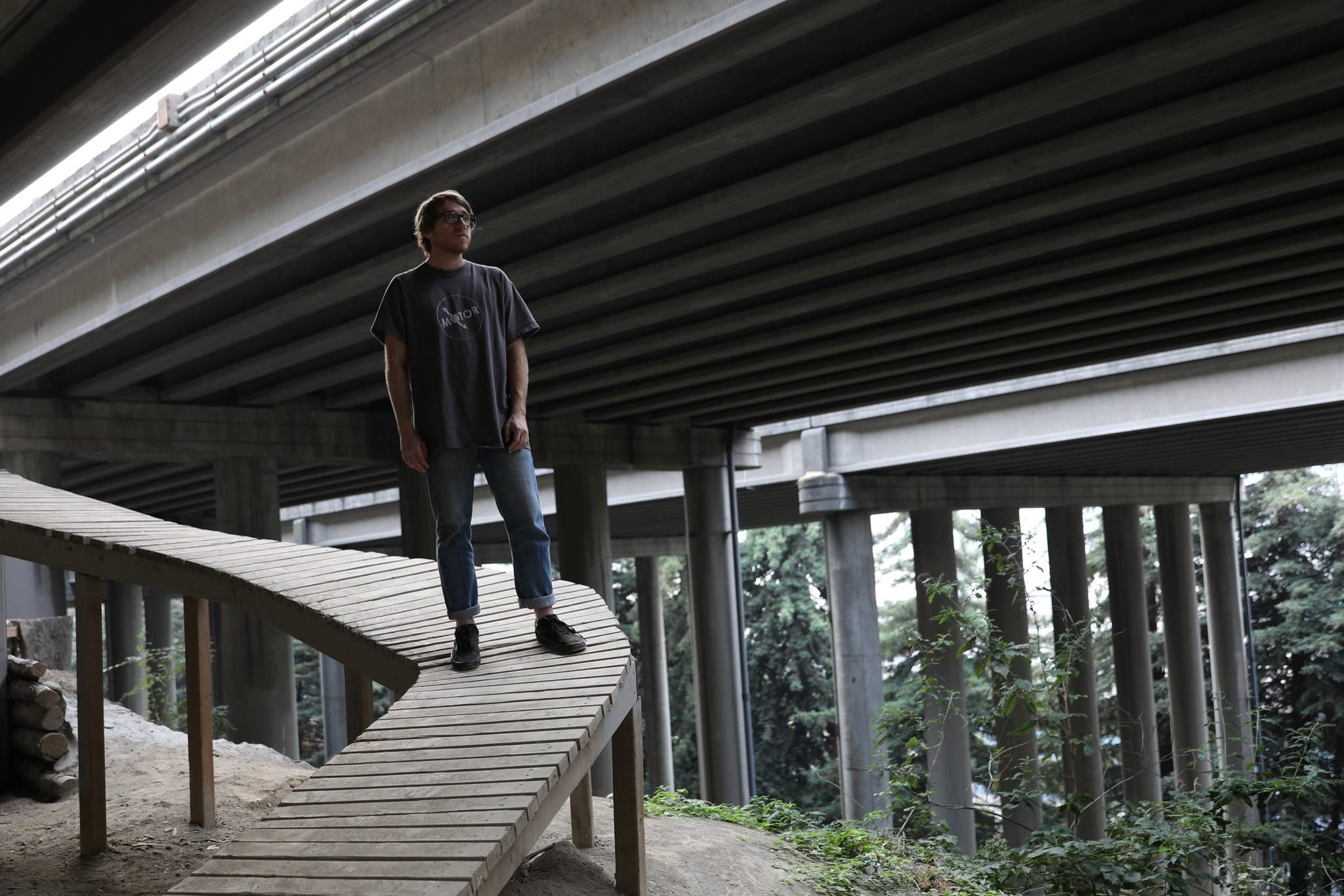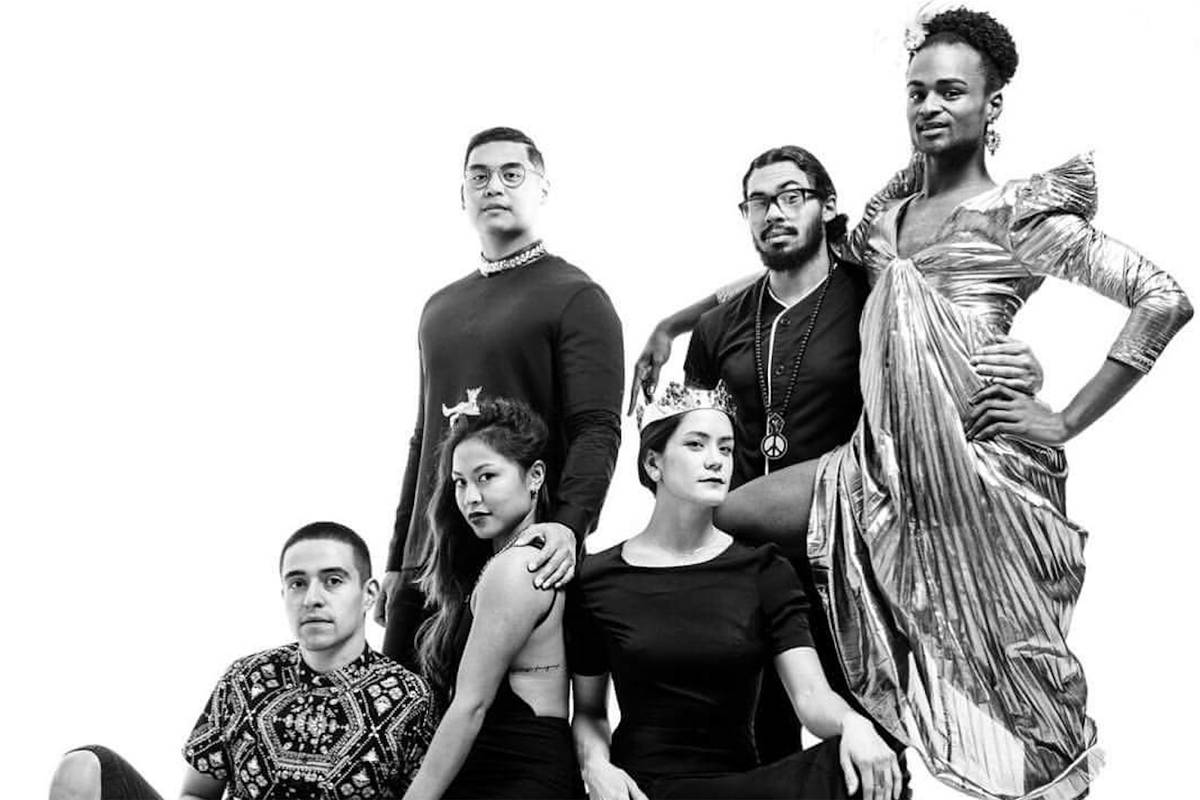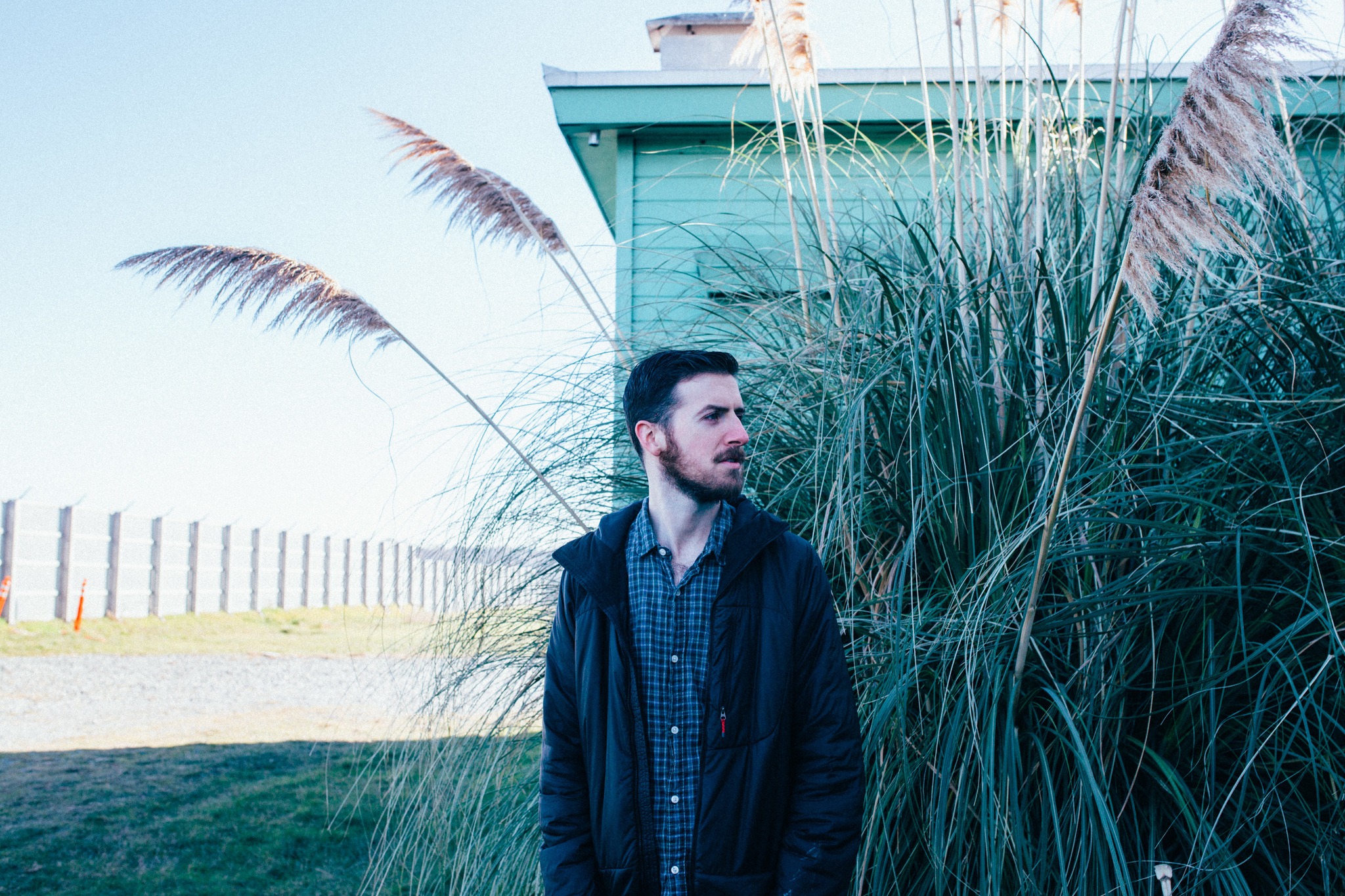Despite Seattle’s well-established diversity of sounds, gospel and R&B artists remain something of a niche here. If you’ve been longing for a mid-tempo, vocal-centric balladeer, Woodinville-born Zahara has arrived just in time to take you through a lonesome, thoughtful winter.
Of course, like the work of any artist in this Internet age, Zahara Williams’ debut EP, Efflorescence, is multifarious. “I would say that my sound includes alternative [and] R&B, with electronic and dream-pop aspects,” she says.
Zahara’s sound is ultimately defined by her voice. Efflorescence exults in her strong, emotional alto. Her vocals have the kind of timeless, God-given star power that makes it easy to imagine Williams walking into the studio and laying down all six tracks perfectly in a single take. The absence of gimmicks is both the EP’s strength and weakness—Efflorescence feels like a pop album without any vocal editing or manipulation, without any “bangers” for the radio or club, without earworm hooks, and even without much opportunity for singing along.
“I’ve been singing pretty much since I could make noise, and grew up singing in church,” Zahara says. Her voice isn’t the kind of thing most listeners can mimic in the shower. Her bare vocals instead invite fans to get lost in the sound of a human instrument in expert action. (Coincidentally, “Lost” might be the best track on the album.)
The haunting fundamentals of Zahara’s voice make an interesting pair with the production. Efflorescence was produced by Luna God, aka Caleb Talbert, who has built a reputation producing for what Seattle Weekly has called “the Seattle hip-hop vanguard’s freshman class.” The production here is where Zahara makes the leap from bedroom gospel to pop. There are plenty of delicate piano and silent stretches, but all the hallmarks of trap—squelchy beats, springy highs, grimy lows, claps, and drops—are there as well. The production often moves the tracks forward and keeps them interesting (like the crucial claps on “S.L.Y.”) but some of the hyper-synthetic sounds seem a little cheesy compared to the hyper-sincerity of the vocals.
This makes it sweetly resonant that the final track of the album, “Rabbit Hole,” is perhaps Zahara’s most vulnerable. Laid over a single piano rhythm by Zach Marsh—one of Williams’ closest friends and collaborators, who she says encouraged her to get the album off the ground—“Rabbit Hole” is about Williams’ struggles with anxiety. “Efflorescence is the blooming or growth period for a flower, and my name, Zahara, means flower,” she says. “The EP is about my experiences that have helped me grow.”
Music, Zahara says, is where she feels most understood, and she hopes songs like “Rabbit Hole” might help others find the confidence she has. soundcloud.com/zzsings
